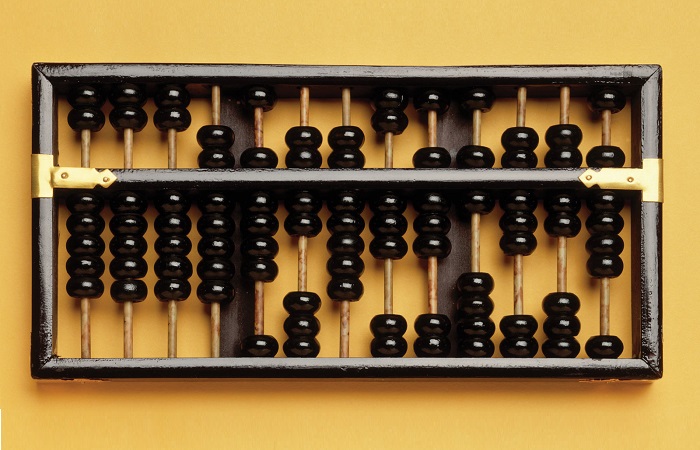Aritmética gitana
by Pedro Casermeiro
A couple of weeks ago I went to a meeting of young Roma in Tarragona organised by the Fundación Secretariado Gitano (FSG) and two youth organisations. Some very interesting presentations and talks were organised. In one of these talks, which attempted to encourage young people from Tarragona to study, I dared to say that it is true that “education de-Romafies”. I would not wish for anyone to misunderstand my comment. It was part of a much broader viewpoint which holds that what actually “de-Romafies” is lounging about at home watching the telly, and that inclusion in the workplace inevitably involved entering the world of education and training.
We could digress and talk about the ways in which the educational system “acculturates” Roma pupils, and about the appropriateness and relevance of this acculturation for our adaptation to a world which is increasingly globalised. I would someday like to cover this topic in another article, but today I wanted to offer a small example: how an ancient tradition can be lost by a single generation.
Romani arithmetic. I had never paid much attention to the way my grandmother or my father did arithmetic. Or at least, I had not given it the attention it really deserved until one day Carlos, a worthy travelling companion, mentioned it during a friendly chat amongst friends. It was then that I came to understand why “counting” was done very differently in my family compared to the way I had learnt it in school.
When we were still using the peseta currency, at my house we never used quantities expressed in pesetas, but in “duros” (five-peseta coins). There was no way my father would ever utter the sum “five hundred pesetas”, not even to refer to the note in that denomination. He would always say that “a hundred duros” or a “thousand duros” were much better. It was as if he’d felt an inexorable need to convert all amounts into “duros” and if the arithmetic did not add up, then into “reales” (pre-peseta coins). Amounts were never based on single pesetas but in increments of five (duros) or four (reales).
At first I thought it was because my parents, grandparents or uncles did not have the opportunity to go to school, but later I paid better attention to my memories and realised that they did not do calculations like me because they were illiterate but because they had a different tool for counting, a tool that was passed from generation to generation until my time. From the East to the West: an imaginary abacus.
In the case of my grandmother the situation is more significant, or exaggerated. When we talk about the price of anything, something that costs fifty euros for her will be five notes of ten euros, and something that costs a hundred euros will be two fifties. She understands perfectly what “100” and “50” mean, but she perceives these figures very differently than I do. She does not think in ordinal numbers like me, but in amounts. When she makes a calculation, she uses mental processes which are superior to mine. Her brain works more efficiently than mine does.
We Roma have retained this strategy for more than a thousand years. But it only takes a single generation for it to disappear. I am now aware of how lucky I was to have inherited my father’s hobby of doing calculations based on increments of five, which for him was not a preference but a necessity, since it was the only thing he had learnt. And the truth is that “Romani arithmetic” is much better than “Western arithmetic”. Have a look on the internet and explore the many scientific studies that show how using an abacus benefits the intellectual development of children.
The ignorance that exists about our culture, not only on the part of gadje, but on our own behalf as well, is what leads to the exclusion and undervaluation of an entire collective. Claiming back our culture must necessarily involve getting to know what our values are, what our cultural background is, and what we have been dragging around the world since we began our journey in the Far East. We should not remain anchored only in music, language or colourful traditions. There are more important things, such as our way of thinking, our philosophy, and more specific topics such as the one that I have tried to explain in this writing, our arithmetic.

